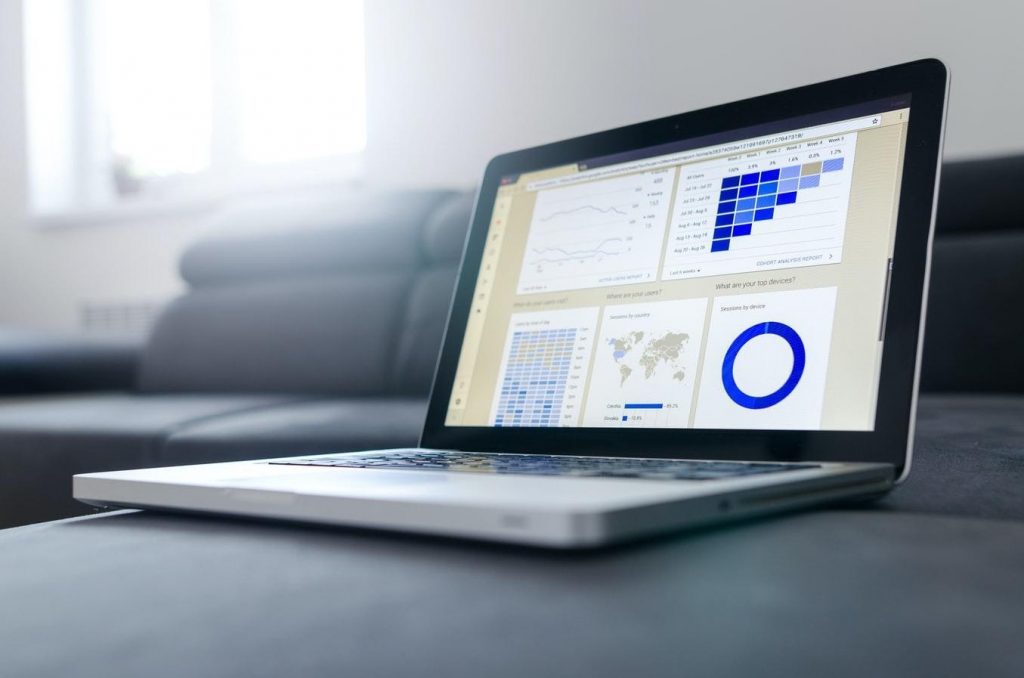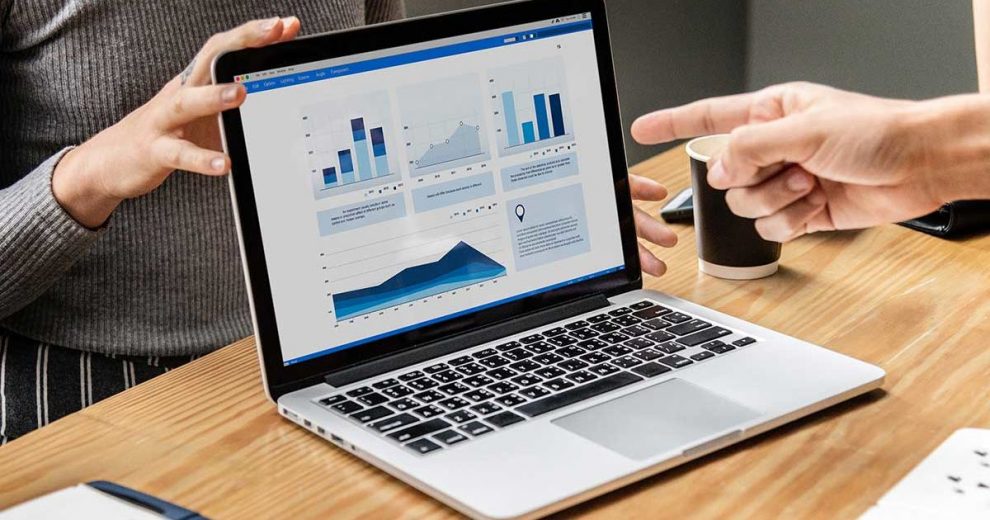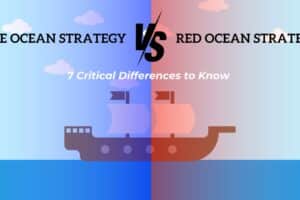How important is data to today’s business decision-making processes? The answer: very. More and more companies are using large amounts of data to make better-informed decisions, which in turn helps them make smarter choices about how they run their businesses day to day. It also helps organizations plan for the future, prepare for potential disruptions and help them navigate challenges they face in the modern business environment. Here is how data is used to make better-informed business decisions.
Measuring Performance
Data has become a central part of measuring performance in today’s business world. The reason for this is simple: there is lots of data out there now, and it can be incredibly valuable when used correctly. Your company increases revenue by transforming data into valuable information. From sales to advertising to payrolls, companies are becoming increasingly data-driven because the information they get from this data helps them improve business performance by tracking how well their businesses initiatives are doing and under different circumstances.
Identifying Trends
Trends are areas where companies can make good use of their data. For instance, if a company collects data on how many products they sell over a 12-month period in different countries, they can look for trends that tell them what types of products are selling well and which ones aren’t selling at all. When this kind of trend analysis is conducted consistently for long periods of time it becomes possible to predict the future with some degree of accuracy. This means companies can not only prepare for changes but also determine what their business priorities should be and how best to reach these goals.
Managing Risk
Data is also important in managing risk. For example, if a company has data on what their customers like and dislike about the products they sell, they can use this information to reduce the chances of future problems arising from these areas or even turn potential issues into opportunities for growth. The ability to collect and analyze large amounts of data allows companies to be more proactive about risk management instead of being reactive all the time (and having to deal with consequences that can be quite expensive)
Measuring Efficiency
Data can also help measure efficiency in a variety of ways. In one example, companies are using data to track how efficiently their supply chains operate. This means they can see where there might be bottlenecks or other opportunities for improvement – and then take the necessary steps to make changes based on this data.
They can also use data in various forms as ‘proof’ that certain plans are working and that employees are following instructions correctly. By utilizing big data analytics, businesses have the ability to align every aspect of their processes from sales practices to inventory management with company goals and objectives through greater visibility into the business processes in real-time via monitoring tools such as dashboards, reports, alerts etc. This allows them to quickly and effectively make changes to the plan when necessary, as well as identify and correct process errors.
Preparing For The Future
Data is also used to prepare for potential challenges or disruptions. By looking at historical data it becomes possible to see how certain situations have played out in the past and what type of outcomes they might have produced if a company had taken particular actions (or not). This ‘what-if’ analysis based on real data can help prevent problems from arising in the future or at least provide some kind of solution for how a company might handle them. It can also be helpful in developing business plans when trying to determine what kinds of products or services are likely to perform best over time, which means companies can place greater resources behind what is likely to succeed.
Incorporating Feedback
Data plays an important role when it comes to incorporating feedback into business decision-making processes as well. In the modern digital world we all live in today, companies are able to get more feedback from their customers than ever before, something that makes those customers feel valued and gives companies a better idea about how they can improve their products and services in order to meet more of their needs.
However, there is so much data out there now that not all of this feedback is useful, so being able to make smart decisions about what you should pay attention to becomes incredibly important. At the same time, taking action on only the feedback you get can help you better serve your customers and also show them that they have a voice in how their needs are met, which helps build loyalty.
It is important to point out that data can be used in real-time now too. This means companies can use their data to get new insights about what’s happening with customers every second of the day. For example, if a company has a call centre then they can monitor and analyze how their employees are doing when dealing with customers. Even better, they could listen in on some calls live as they happen to figure out how to improve things even more and ensure all customer interactions (even those conducted over the phone) deliver optimum results for everyone involved.
Decision Support Systems
Businesses use data to make smarter decisions about how they run their day to day operations as well through the implementation of what is known as a “decision support system.” These types of systems allow companies to create more efficient processes throughout all areas of their organization; be more effective at reaching potential consumers, clients and other areas within their market reach; and help improve employee performance among other things.
There are many different programs that can act as such a system for your business: accounting software, customer relationship management (CRM) applications, business intelligence platforms and more. The main thing to remember about these types of systems is they all use information you’ve gathered, and that they are designed to help you make better-informed decisions, not just playback the numbers in your data for you.

In business, there is little doubt that information is valuable – so why not use as much data as possible to ensure all your decisions are well informed? By being able to collect data from across various departments, an organization can develop more detailed ‘big pictures’ of their operations and make better choices as a whole. Data can also help companies identify opportunities, patterns, and other insights that were never considered possible before.














Add Comment